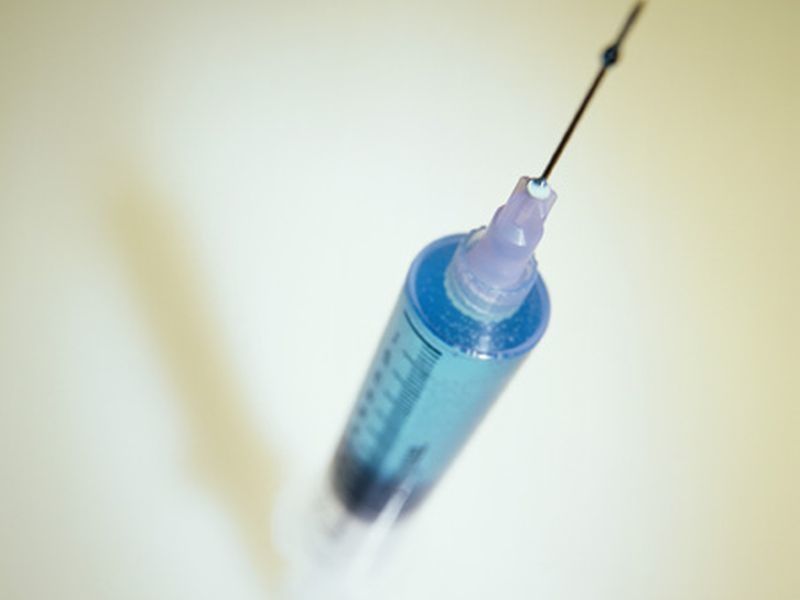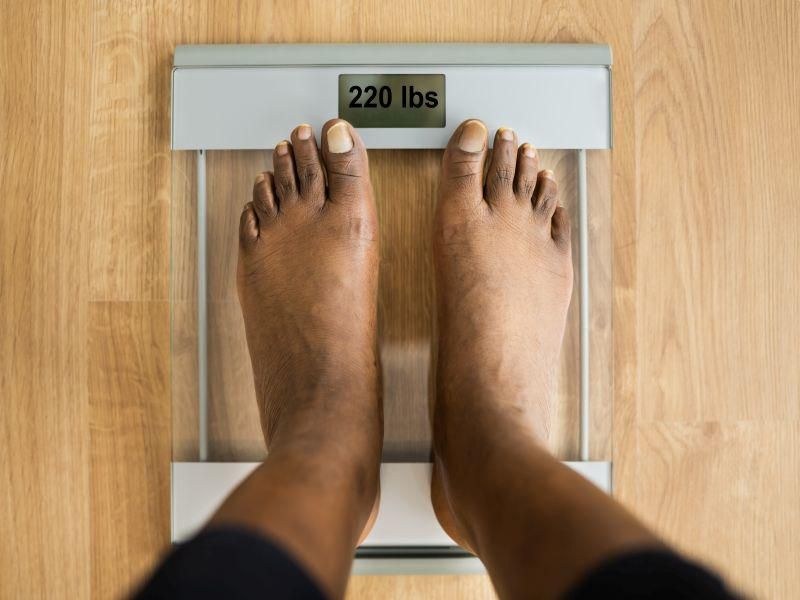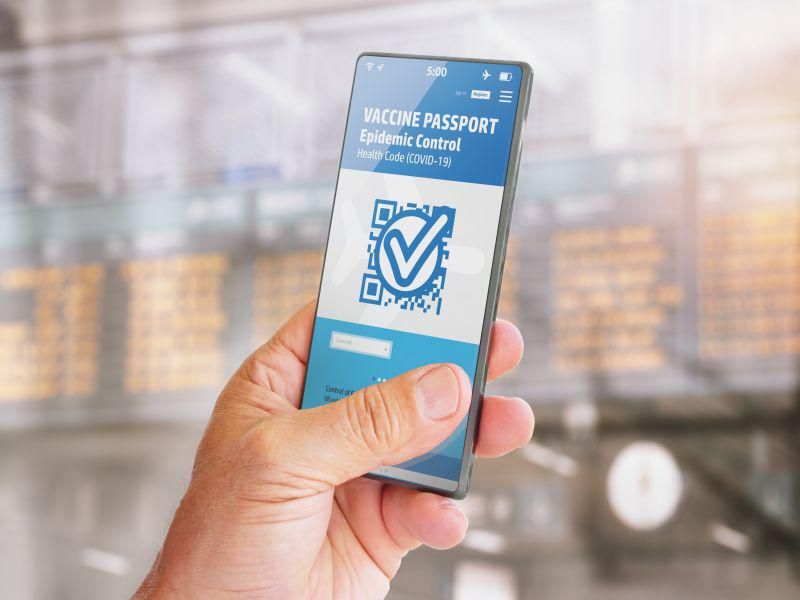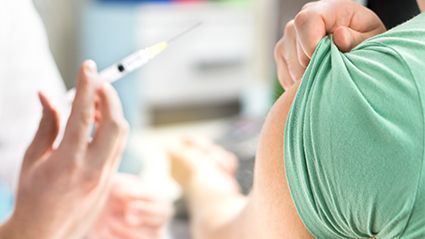
A new study finds that attention deficit hyperactivity disorder (ADHD) continues to hamper people long after childhood ends. Researchers found that adults with ADHD often have a harder time holding their own in the workforce. High school graduates with ADHD earn about 17% less than their peers without ADHD, are more likely to have stints… read on > read on >






























